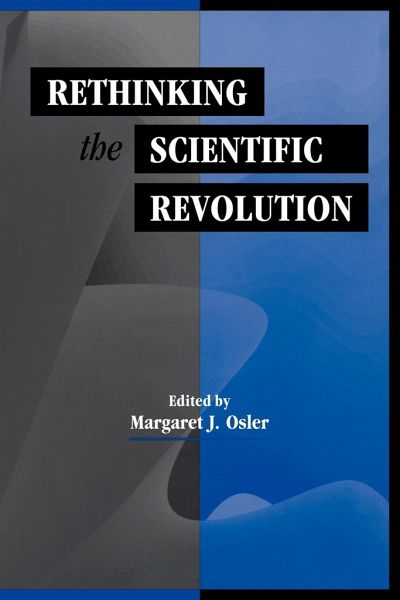
Rethinking the Scientific Revolution

PAYBACK Punkte
29 °P sammeln!
This collection reconsiders canonical figures and the formation of disciplinary boundaries during the Scientific Revolution.


Rechnungen
Bestellstatus
Retourenschein
Storno